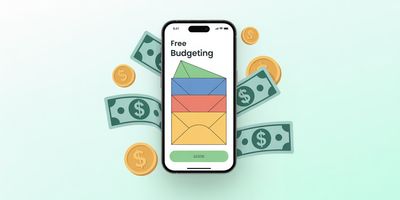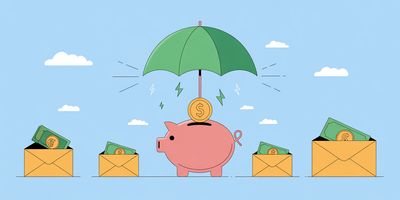
How to Budget for Groceries Using the Envelope Method: A Complete Guide
Learn how to create an effective grocery budget using the envelope method. Includes meal planning tips, shopping strategies, and ways to reduce food spending without sacrificing quality.
Read more



